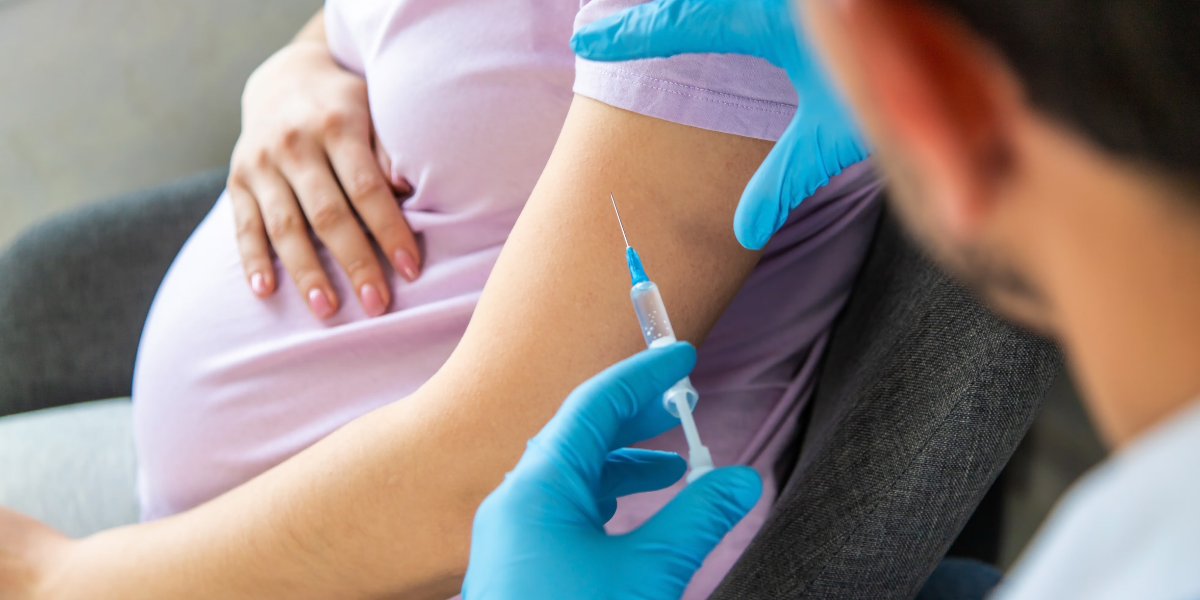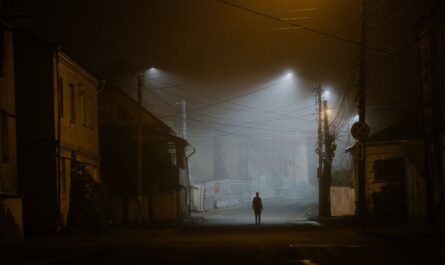U.S. Secretary of Health and Human Services Robert F. Kennedy Jr. said on Tuesday that the Centers for Disease Control and Prevention (CDC) will no longer recommend COVID-19 vaccinations for healthy children and pregnant women. This has caused a lot of concern and a lot of debate. Kennedy, along with National Institutes of Health (NIH) Director Jay Bhattacharya and FDA Commissioner Marty Makary, made the statement in a video that was shared on social media.
Kennedy, a well-known figure in both politics and public health, said that the change was necessary because the Biden administration’s earlier guidelines did not have enough clinical data. He said that this new position would be more in line with new scientific data and results.
When Kennedy said, “Healthy children and healthy pregnant women have been removed from the CDC Recommended Immunization Schedule,” she added to the debate surrounding the decision. His comments came at a time when a new COVID variant was spreading quickly in China. This caused new worries around the world, though the situation in the U.S. has not yet hit an alarming level.
A lot of people have strong feelings about the change, especially medical and legal workers. Doctors in the Bay Area have been some of the loudest critics. They are worried about what could happen to public health and the trust that people have in their health services.
Based in Los Gatos, Dr. Melissa Adrouny is an obstetrician and gynecologist who spoke out about her worries in an interview, saying that taking away such a suggestion could be harmful to public health. In her speech, she said that getting the COVID vaccine while pregnant is good for both the mother and the baby. Adrouny says that real-world data from the last few years shows that getting a COVID shot during pregnancy can greatly lower the risks of mother illness and death, such as the chances of being admitted to the intensive care unit and giving birth early.
As Adrouny said, “We’ve seen real-world data, and we all remember 2020. And we know that vaccinations during pregnancy can greatly reduce the number of illnesses and deaths among mothers.” “It can cut down on trips to the intensive care unit and even terminate preterm births.”
There are a lot of health care workers who agree with Adrouny that vaccinations are important for keeping mothers and babies safe, especially since the pandemic is still going on. They say that the government could be putting lives at risk by getting rid of the advice for pregnant women.
There are also worries about children. Some people might say that healthy kids are less likely to get COVID-19, but experts like Dr. Adrouny say that vaccinations are still the best way to keep kids from getting major illnesses, being hospitalized, and having long-term problems like “long COVID.” As a way to stop the virus from spreading and make hospitals less busy, the CDC suggested that kids get the COVID vaccine.
But the Trump administration’s change in policy isn’t just about public health; it’s also about the law. A law professor at UC Law San Francisco named Dorit Reiss was very upset about how secret the process was. Reiss says Kennedy’s announcement skipped important steps because the CDC and the Advisory Committee on Immunization Practices (ACIP) were not informed as they should have been. Lawyers are worried that the administration’s move could be very hard to defend in court.
“The government is going to be in trouble if and when this is charged in court,” Reiss said. “To begin with, they didn’t follow the steps and processes. The second problem is that they didn’t explain it well, and government bodies are supposed to explain what they do.
Concerns about health insurance coverage make the possibility of going to court even greater. Some insurance companies might not cover the cost of the COVID vaccine if it is no longer officially suggested that kids and pregnant women get it. Reiss says that this could open up a legal loophole that lets people who can’t get the vaccine because their insurance doesn’t cover it sue, and they have a good chance of winning.
Kennedy’s news has caused a lot of debate, and it’s still not clear what effects this policy change will have. Some people support the move, saying that the government should put parental rights and individual freedoms first. However, many others are worried about what will happen in the long run if the advice for children and pregnant women to get vaccinated is taken away.
Scientists and health professionals are keeping a close eye on how things are changing as the debate goes on. The new strain of COVID that showed up in China is being closely watched by the World Health Organization. It is not yet a major worry in the United States. Stanford scientists have confirmed at least one case of this very contagious type in California. Experts worry that this version could spread quickly, which would make things even more difficult for public health.
At this point, it’s still unclear whether the Trump administration’s choice will stand or if court challenges will lead to a change. But one thing is for sure: the problem isn’t solved yet, and people may not trust the CDC or the healthcare system as a whole. As the controversy grows, many people are asking if this change in policy will be the start of a new way of dealing with the COVID-19 pandemic.
“This article was written by Mathew Owen. AI tools were used lightly for grammar and formatting, but the ideas, words, and edits are all mine.”


 by
by 

